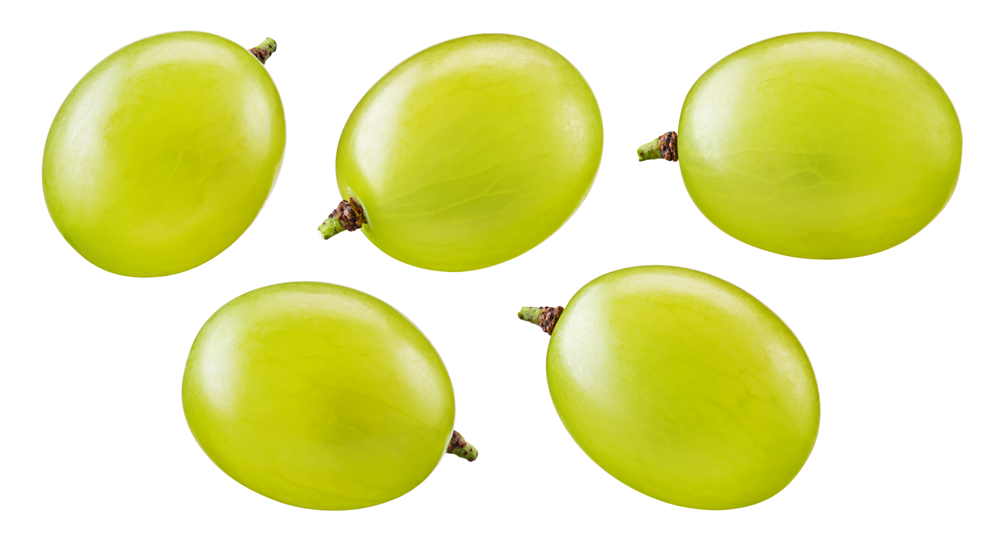With a decision issued on 9 April 2024, the Italian Supreme Court (hereinafter “the Court”) declared invalid an agreement between the well known American table grape breeder, Sun World, and Ms. Miglionico, an Italian grape grower.
Ms. Miglionico had previously been held to have breached the agreement in arbitration proceedings and in the subsequent appeal before the Milan Court of Appeal.
The Court’s decision is the first to apply in Italy the principle set forth by the Court of Justice of the European Union (hereinafter “the CJEU”) in its ruling of 19 December 2019 in case C-176/2018 (hereinafter “the Nadorcott case”).
The breeder’s club licensing system and the alleged breach of contract
Sun World, holder of Plant Variety Rights (PVRs) on the variety known as Sugranineteen, and marketed under the trademark Scarlotta Seedless® (hereinafter “Sugranineteen”) licensed to Ms. Miglionico the right to use the variety. The agreement executed by the parties was not a “typical” license contract but rather a plant lease agreement with a license to use the plants of the protected variety. Ms. Miglionico was to pay a fixed fee royalty, plus a variable fee based on the actual amount of Sugranineteen produced and sold. Moreover, the grower was entitled to sell its grapes only to authorized distributors whose names were to be notified to the PVRs owner in advance. This kind of clause, linked to the contracts that Sun World entered into with distributors, allowed the American company to set up a “club” licensing system, whereby only club members had the right to produce, sell and purchase the grapes produced through the cultivation of the protected varieties.
The dispute arose when Ms. Miglionico failed to pay part of the fixed royalty and sold the grapes to an unauthorized distributor.
Sun World started arbitration proceedings; the panel held that Ms. Miglionico had breached the contract and that she must therefore pay the royalty and damages.
The grower appealed with the Milan Court of Appeal, which confirmed the initial decision.
The appeal before the Italian Supreme Court
Ms. Miglionico asked the Court to strike down the Court of Appeal’s decision and order the same court to issue a new one. The appeal was grounded on the following arguments:
- Procedural aspects related to the admissibility of arbitration proceedings for breach of contracts that are standard models not subject to specific negotiations between the parties (the Court found this argument inadmissible).
- The only relevant argument for the merits of the case and the actual outcome of the decisions, claimed (mis)interpretation of the clauses of the license agreement in the light of the principles set forth by the CJEU in the Nadorcott case. According to Ms. Miglionico, the decision provided a clear interpretation of the rules under EU Regulation No. 2100/94 on Community plant variety rights (hereinafter “the Regulation”). Specifically, Ms. Miglionico argued that the obligation to supply the grapes only to authorized distributors was null because contrary to public interest principles expressly indicated in the Regulation and recognized also by the CJEU. Ms. Miglionico argued that Sun World had no right to oblige authorized growers to sell the product of the harvest only to authorized distributors since Sun World itself had no right on the fruits (namely the Sugranineteen grapes) legitimately produced and harvested by Ms. Miglionico under the plant lease agreement.
To understand the Italian case fully, it is necessary to make reference to the decision of the CJEU in the Nadorcott case, which established that the PVR owner may enforce its rights on the harvested materials provided that two conditions are satisfied and, namely: (i) the harvested materials (for instance, the fruits harvested from the trees) have to be obtained from plants which have been propagated and marketed without the PVR owner consent and (ii) the PVR owner did not have the possibility to assert its rights against those the illegitimately propagated plants to the cultivator.
The CJEU founded its interpretation on Article 13 of the Regulation concerning the PVR holder rights, essentially finding that the secondary protection with respect to harvested material is given under specific conditions because of the public interest in safeguarding agricultural production, referred to in the 17th and 18th recitals of the Regulation, which would potentially be compromised if the rights of the holder of a Community plant variety right extended unconditionally to harvested material of the protected variety that cannot be used for propagation purposes.
Italian Supreme Court’s application of the CJEU’s ruling in the Nadorcott case
Based on the CJEU’s guidance, the Court held that the agreement between Sun World and Ms. Miglionico was invalid. The Court found that Sun World had licensed the reproduction and propagation “materials”, i.e. the Sugranineteen vines to Ms. Miglionico and, therefore, had no grounds to enforce its rights on the harvested materials since the harvested grapes came from licensed and, consequently, legitimately used, plants. Thus, the rights of Sun World were exhausted with respect to the grapes, and no obligation to sell the grapes exclusively to authorized distributors could be imposed on Ms. Miglionico. Furthermore, such a contractual provision was contrary to public interest and, therefore, invalid.
According to the Court, since the contract was invalid no infringement arose from the sale of grapes to an unauthorized distributor.
The decision has significant implications for PVR holders using licensing systems that require growers to sell exclusively to authorized distributors. Such agreements may need to be revisited, considering that breeder’s rights are exhausted once growers pay the due royalties or lease fees.
As a final note, fruits produced by protected varieties are usually also covered by trademark registration for marketing purposes. In this connection, breeders may still control the distribution of harvested materials on the market through a trademark licensing system.


Recent Comments